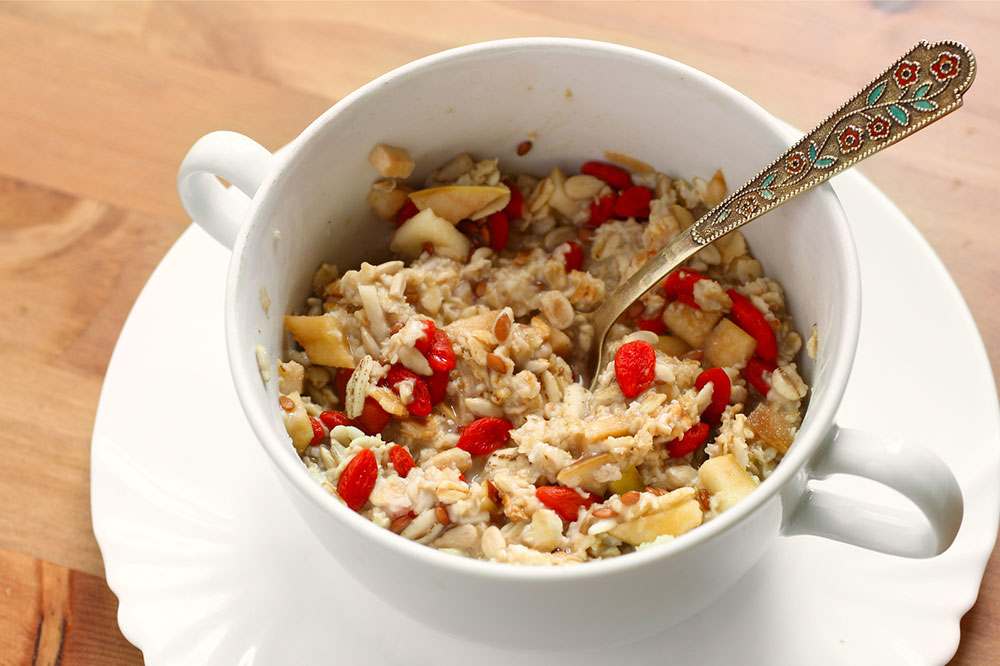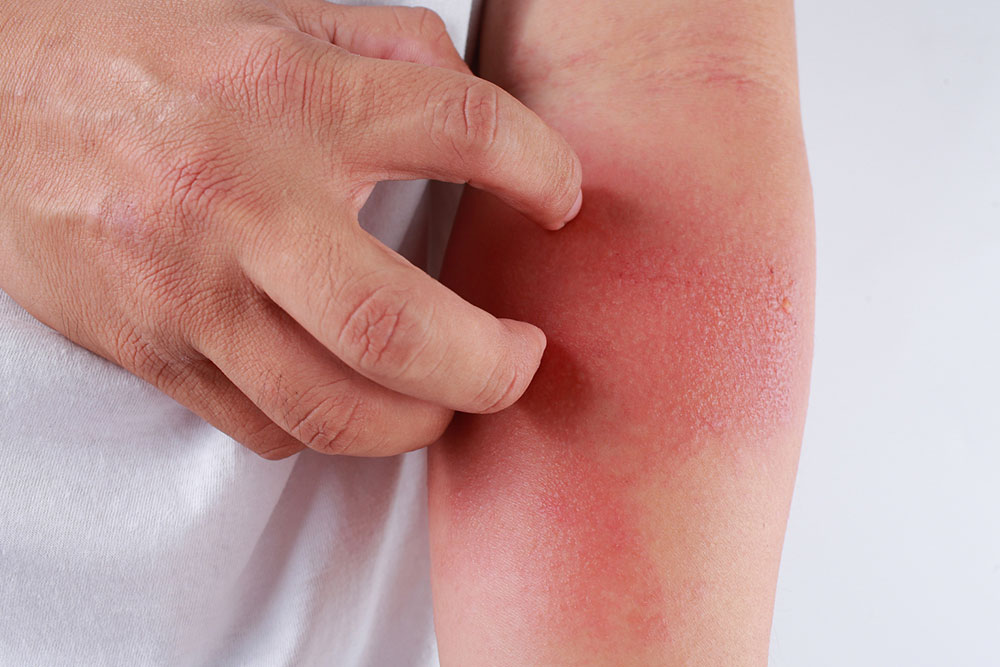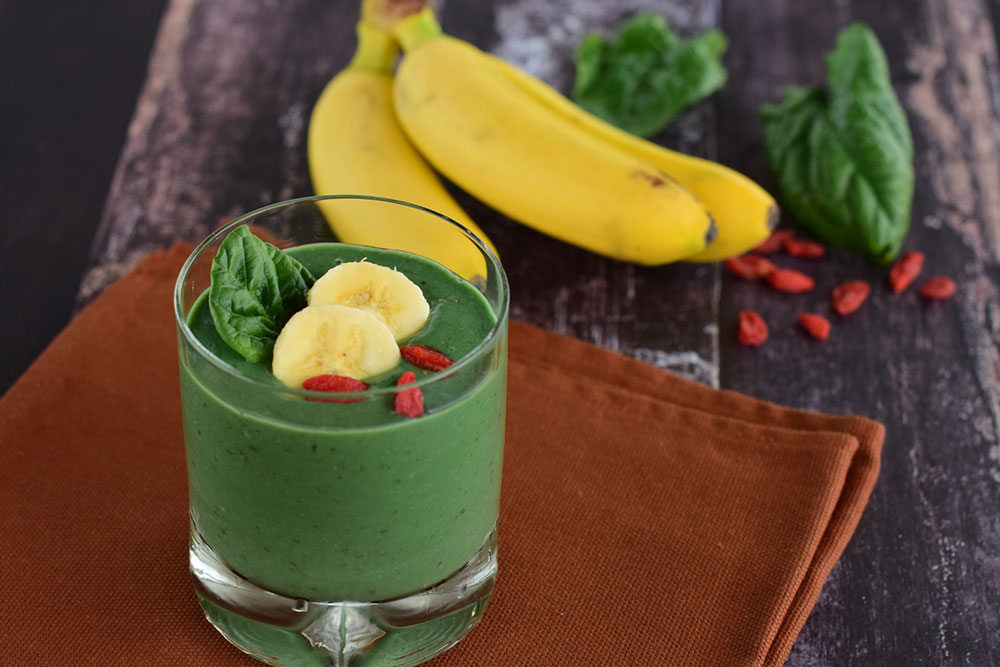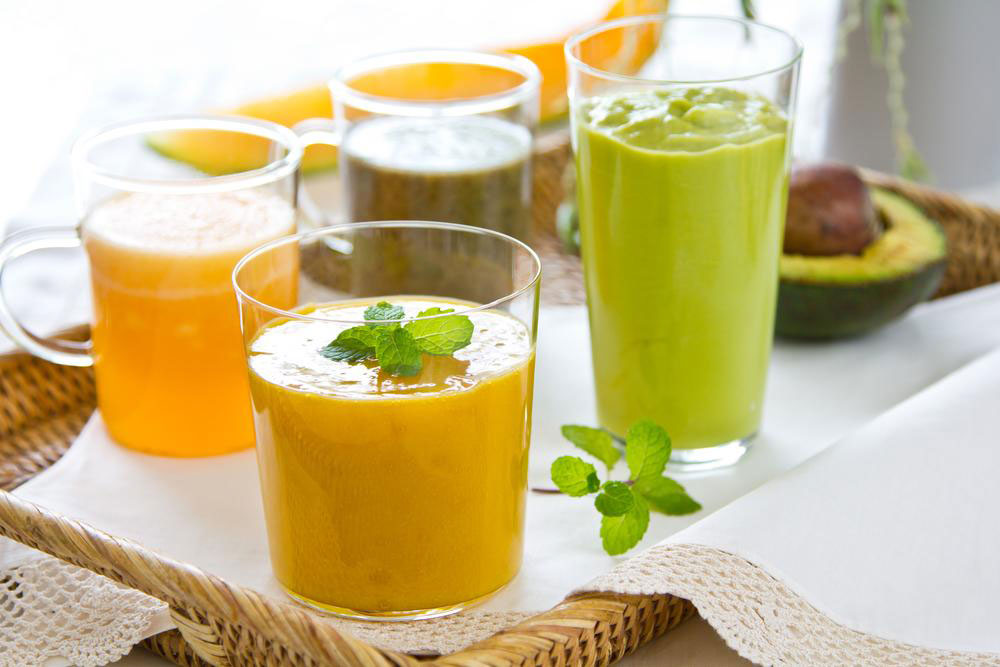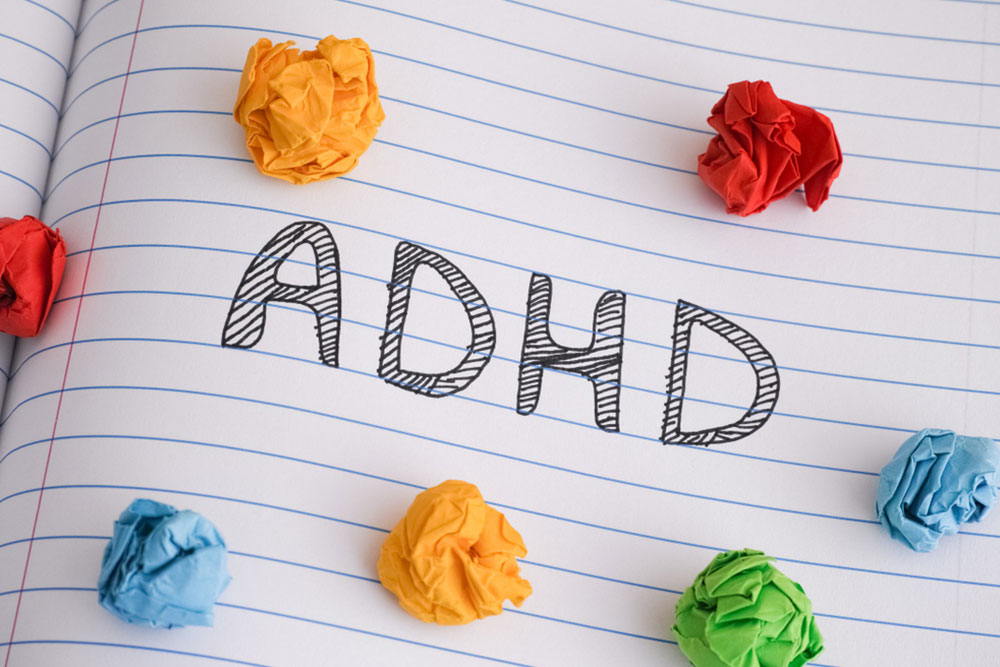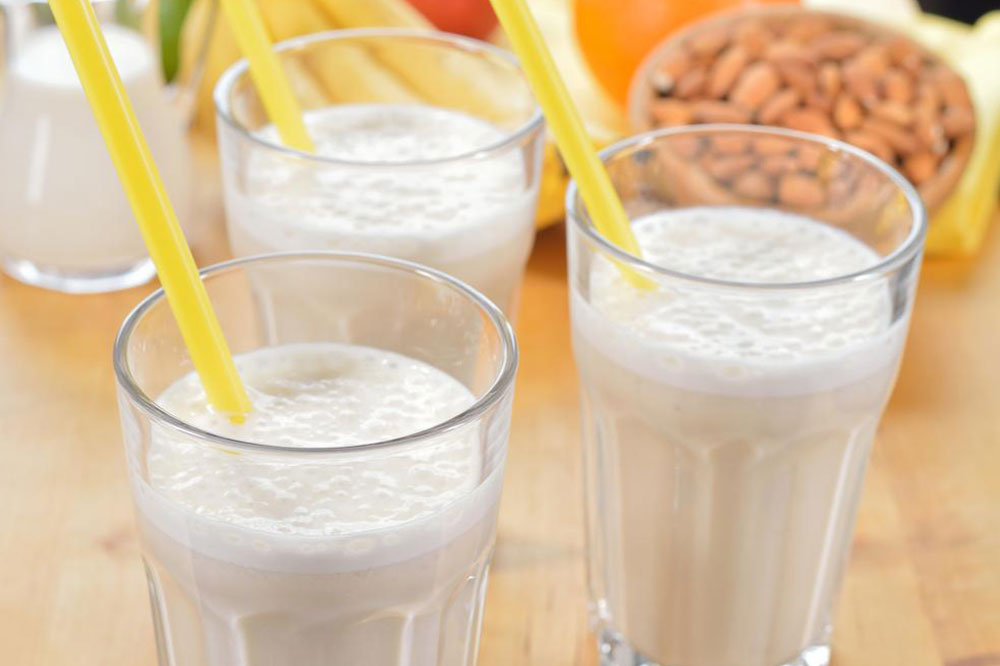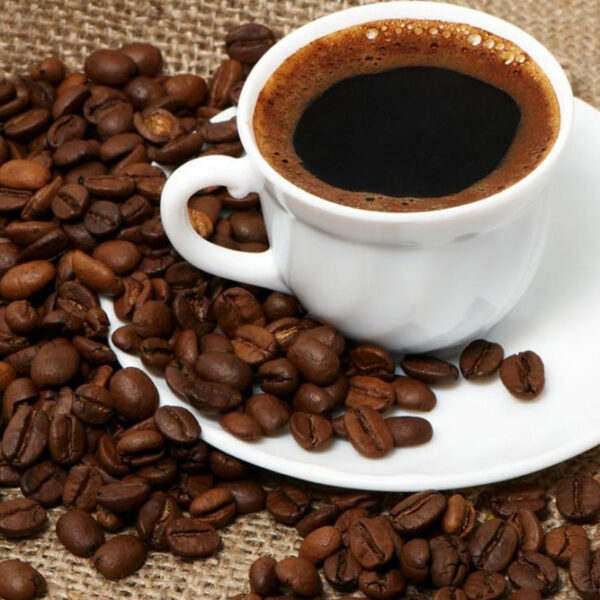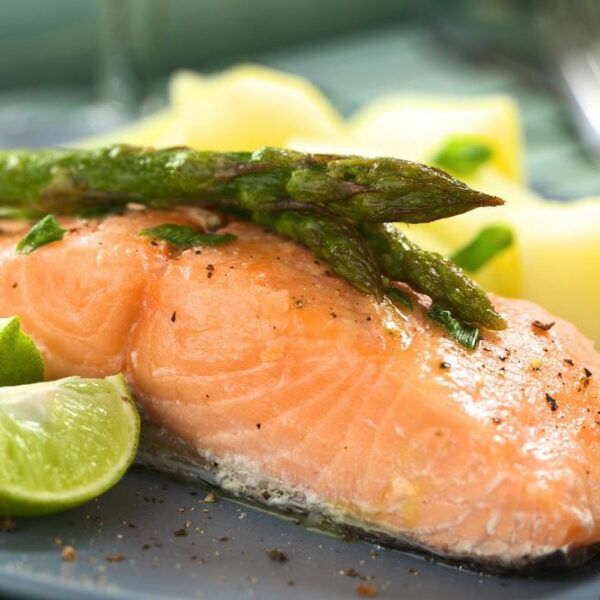
Diagnosis & Prevention
Foods to manage lung cancer symptoms
Research talks about plenty of tips and food products that claim to prevent lung cancer; however, only a few mention foods that could help fight this condition. Since lung cancer is fatal, it is advisable to first consult a doctor before trying out any of these foods. Some of the foods that could help fight lung cancer are: Pears Studies showed that phloretin, which is found in apples and pears, noticeably induced cell death in these cancer cells. Additionally, phloretin could also reduce fibrosis in the lungs. Green tea Green tea has a key role in the prevention of lung cancer and is beneficial to those already suffering from this condition. One needs to keep in mind that green tea contains caffeine, so if someone is sensitive to it, they might want to go in for a caffeine-free variety. Also, skip the creamer, as dairy products could neutralize the compound which helps prevent the effects of cancer. Salmon Foods rich in vitamin D could greatly benefit people who have lung cancer. Moreover, vitamin D deficiency could end up leading to many health problems. Of all the minerals and vitamins in our food, vitamin D could be the hardest to get in meals. However, vitamin D is found in fatty fish such as herring, mackerel, and salmon. Ginger Ginger contains a compound known as 6-shogaol , which has been proven to prevent lung cancer from developing and lower the risk of metastases cancer. Since the metastasizing of cancerous cells is the chief reason for fatalities for people with cancer, consuming ginger is important. Try eating ginger in a crystallized form or in the form of ginger tea. Carrots Carrots are rich in chlorogenic acid, a phytochemical. In order for cancerous cells to grow and attack the tissues, they need to grow new blood vessels without which they cannot expand.
